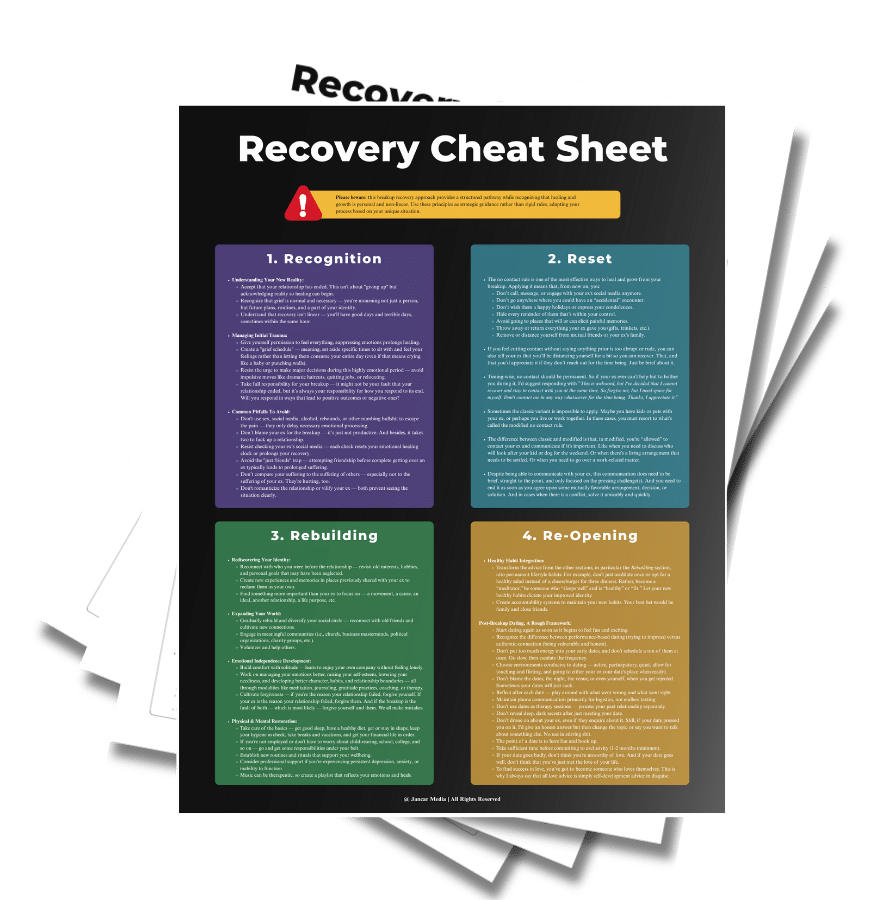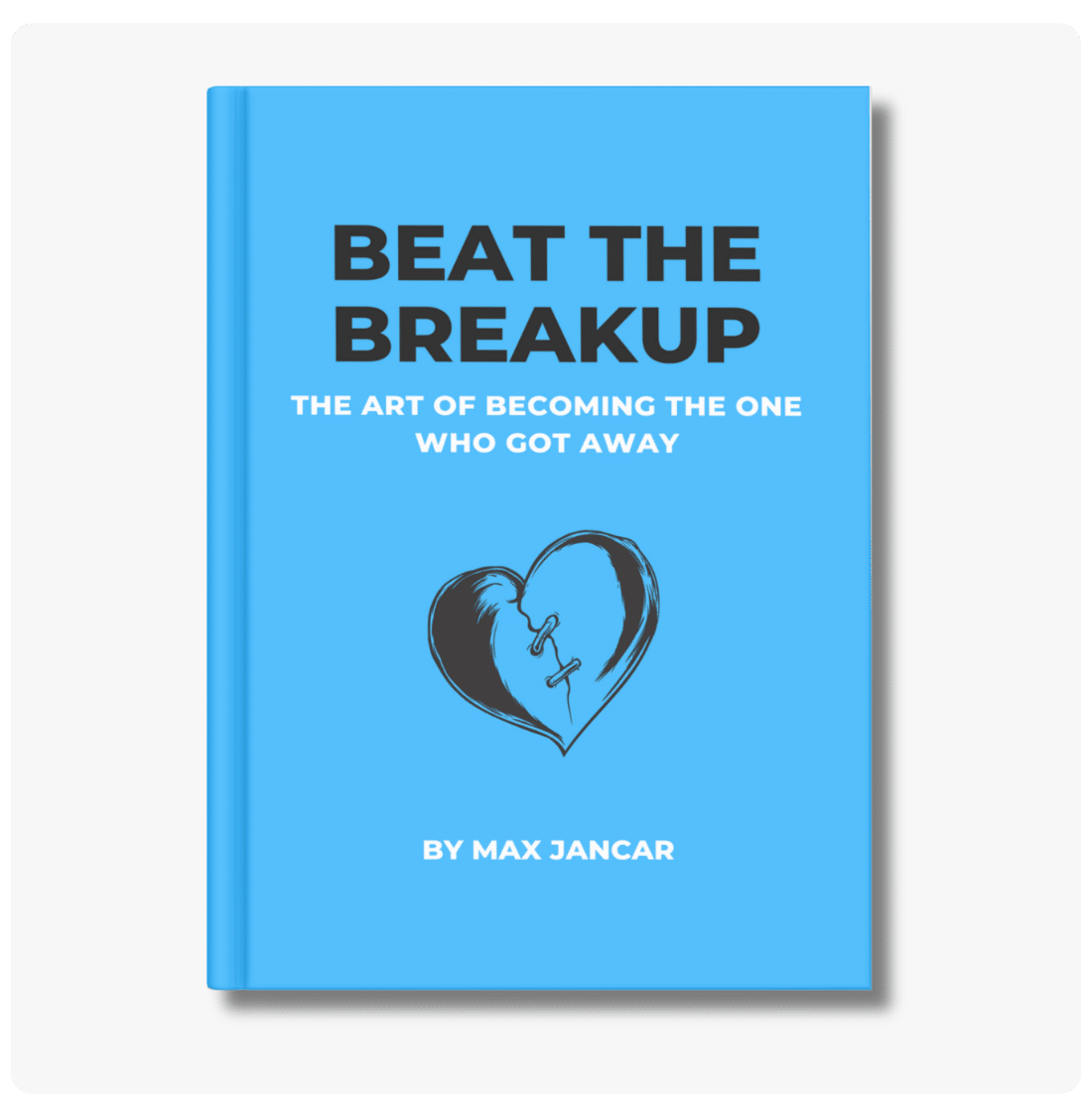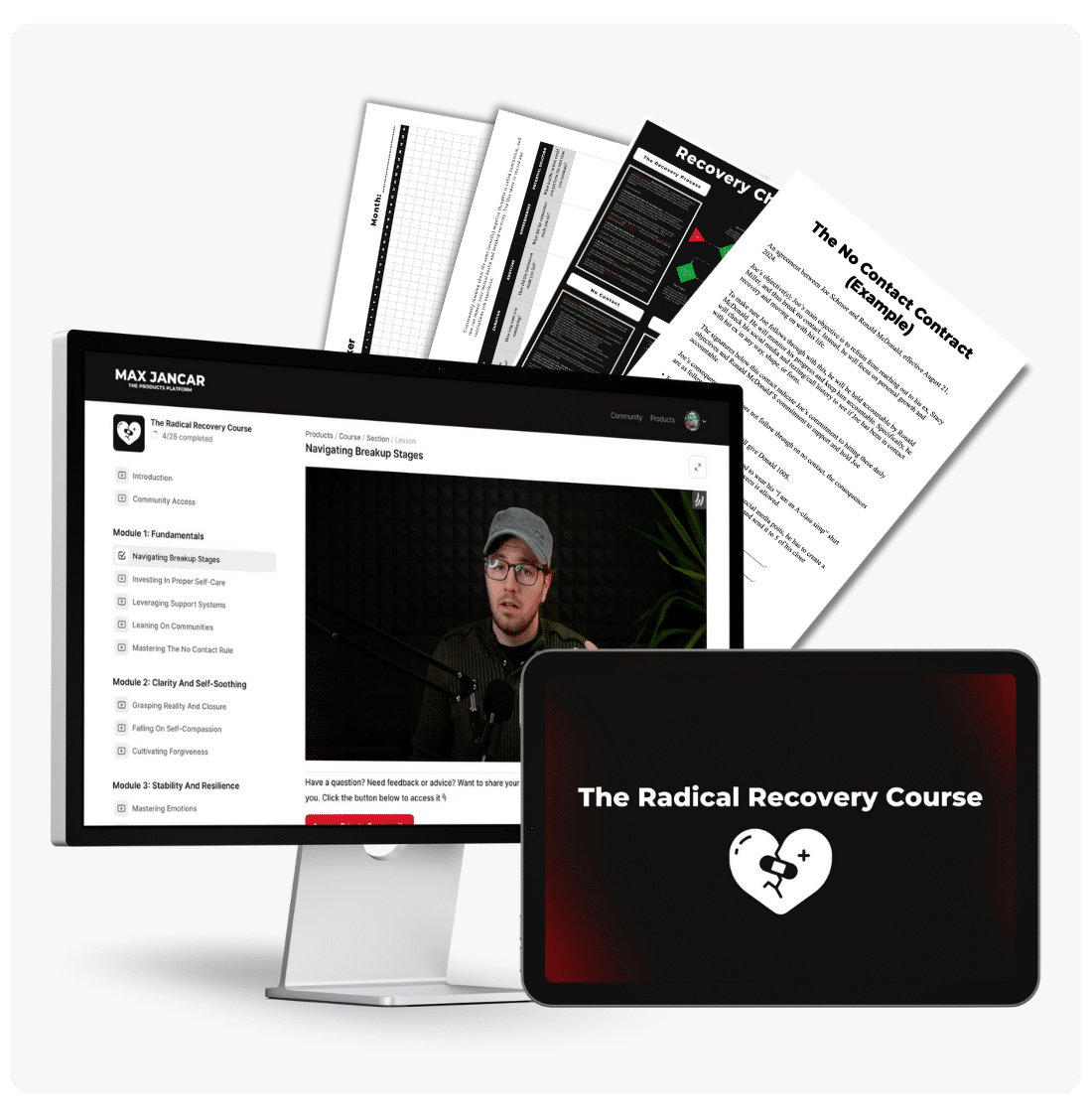Click play to listen to this article.
Drawing inspiration from modern philosophers like Mark Manson and Ryan Holiday, I, for a long time, argued that negative emotions often have a positive value and an adaptive purpose. In other words, just because something feels bad doesn’t mean it is bad.
For instance, anxiety and shame can compel us to improve our social skills. Anger can motivate us to stop hitting our kids and get into therapy. Guilt can push us to admit our fuckups and ultimately do the right thing.
And sadness… Well, there’s a ton of new research I stumbled upon about its cognitive benefits, thanks to the advent of fMRI imaging and the proliferation of brain research. And in this article, I’ll share the gist of this research. So buckle the fuck in.
Just know that we’re talking about mild, temporary states of sadness here, not full-blown depression. Also note that the benefits of sadness are marginal at best and that you don’t actually want to be sad. The fun of this research is simply that it validates my original point about bad feelings not being necessarily bad.
1. Sadness improves memory. While rainy and gloomy days yield sadness, they concurrently improve our recollection of details of objects. In fact, on bright and sunny days when we normally feel happy, our memory will actually be far less accurate. Happiness impairs attention and memory, while sadness improves them. (1)
2. Sadness increases skepticism and reduces effects of various distractions. For example, if sad, we’re less likely to stereotype and fall for irrelevant, false, or misleading information found in marketing, urban myths, conspiracy theories, and rumors. (2)
3. Sadness betters judgment. If we suffer from occasional, petty sadness, we’re more likely to fend off common judgmental biases. For instance, attributing intentionality to other people’s behavior while ignoring situational factors. Or assuming that if someone has certain attractive physical features (i.e., a perfectly-sculpted ass or a greek-god six-pack), they also have attractive character features (i.e., intelligence, grace, humbleness, or kindness). (3)
4. Sadness inspires and motivates. Happiness is like a giant neon billboard with the words “you’re safe” written on it. There is not much we need to change when we’re happy. Nor is it difficult to change whatever might vex us. On the other hand, sadness operates like a mild alarm system, triggering more effort and motivation to deal with the challenges of our environment. Sadness increases perseverance and resourcefulness when faced with difficult tasks or situations, while happiness reduces it. (4)
5. Sadness makes interactions more pleasing and effective. That is, interactions where a more cautious, less assertive, and more attentive approach is needed. Why? Because when we’re sad, we tend to be more persuasive, produce more effective and concrete arguments, and for some reason, are luckier in convincing others than those who embody a positive mood. (5) (6)
6. Sadness amplifies niceness. Experiments found that mild sadness causes us to pay greater attention to social expectations and norms, display greater generosity, and treat others less selfishly and more fairly. (7)
7. Sadness helps with breakup recovery. For it indicates we’re nearing acceptance and thus generates hope. It also promotes reflection and makes discerning, learning, and growing from the mistakes we’ve made in our last relationship easier. And finally, it helps us make sense of our loss and life following it — put differently, sadness helps us find ourselves again. (8)
In an age where conventional breakup recovery and self-help advice constantly promote positivity and happiness, it’s refreshing to come across research like this. Sadness can truly, in a bittersweet kind of way, make us fuller and more well-rounded — perhaps even whole.
So as I’ve been saying about any negative emotion: sadness is not something you should try to banish or suppress. The trick is feeling it but not reacting negatively because of it.
This cheat sheet lays out 40+ solutions to overcoming a breakup so you can create a new opportunity for love — be that with your ex or someone completely different.
Get The Free Cheat SheetRelated Reading
- How To Never Get Over A Breakup May 3, 2020
- The Backwards Law: How To Feel Better By Letting Go July 6, 2022
- How To Get Over Your Ex And Move On For Good February 10, 2023
- 6 Myths About Emotions (And What To Believe Instead) March 4, 2022
- A Guide To Resolving Guilt After A Breakup March 23, 2024
- Radical Acceptance In The Face Of Adversity February 5, 2022



